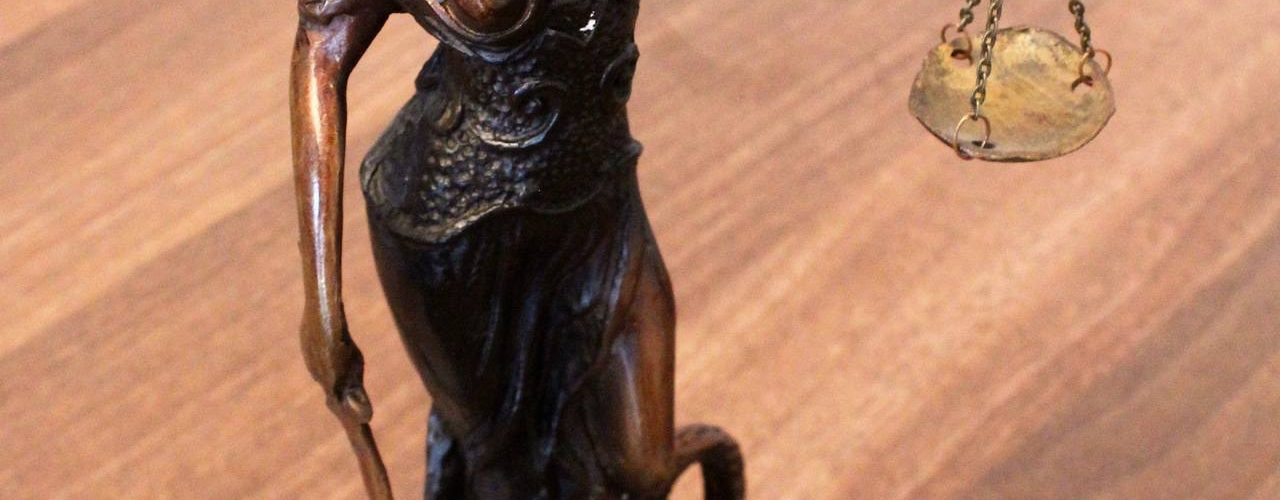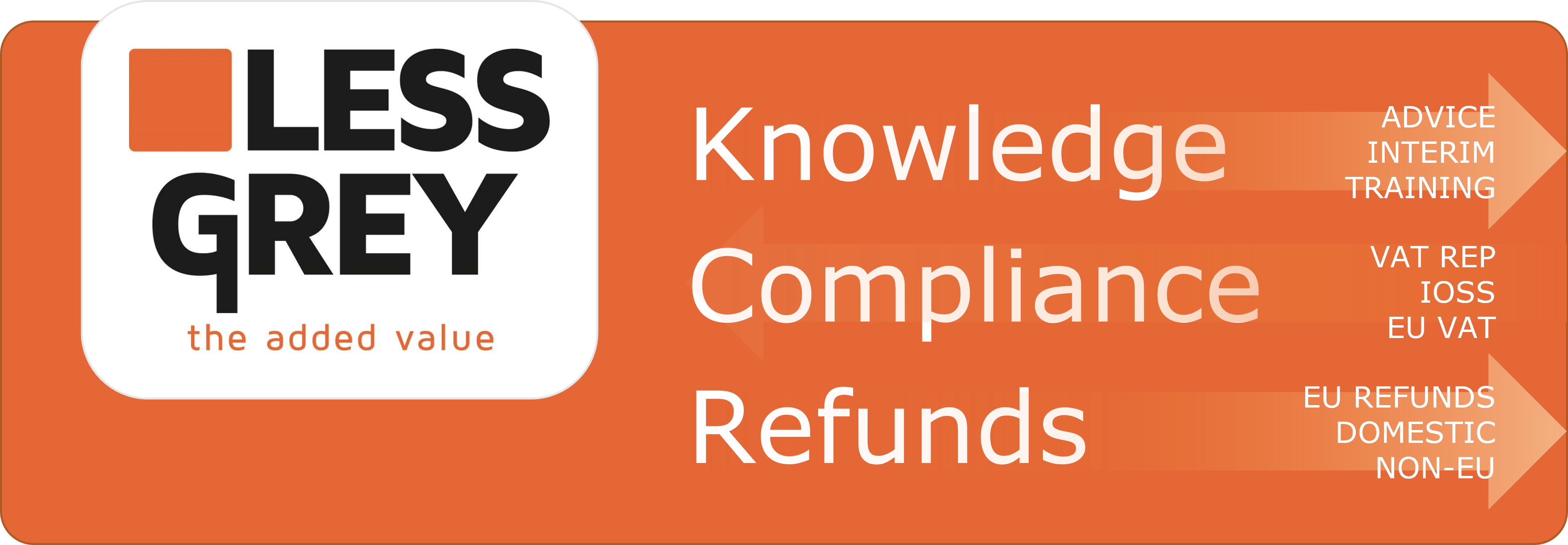On April 26, 2005, the ECJ issued its decision in the case C-376/02 (Goed Wonen).
Context: Turnover tax – Common system of value added tax – Article 17 of Sixth Directive 77/388/EEC – Deduction of input tax – Amendment of national legislation – Retroactive effect – Principles of the protection of legitimate expectations and legal certainty.
Article in the EU VAT Directive
Article 17 in the Sixth VAT Directive (Article 167, 168 of the EU VAT Directive 2006/112/EC)
Article 167
A right of deduction shall arise at the time the deductible tax becomes chargeable.
Article 168
In so far as the goods and services are used for the purposes of the taxed transactions of a taxable person, the taxable person shall be entitled, in the Member State in which he carries out these transactions, to deduct the following from the VAT which he is liable to pay:
(a) the VAT due or paid in that Member State in respect of supplies to him of goods or services, carried out or to be carried out by another taxable person;
Facts
See Curia
Questions
Under circumstances such as those set out at paragraph 6.3.4. above, do Articles 17 and 20 of the Sixth Directive or the European law principles of the protection of legitimate expectations and of legal certainty preclude ( in a case not involving fraud or abuse or any question of a change in planned use, as mentioned in paragraphs 50 and 51 of the judgment of the Court of Justice in Schloßstraße ( the adjustment of VAT not deducted by a taxable person which he paid in respect of (immovable) property which is supplied to him and which he originally intended for letting (which is not subject to VAT), but subsequently used for a transaction subject to VAT (in the present case, the grant of a usufructuary right in rem), being revoked on the sole ground that, as a result of a legislative amendment which had not yet taken effect at the time at which the abovementioned transaction was carried out, that transaction is regarded with retroactive effect as an exempt transaction establishing no right to deduct?
AG Opinion
Where a taxable person has, under Article 17 of Sixth Council Directive 77/388/EEC of 17 May 1977 on the harmonisation of the laws of the Member States relating to turnover taxes – Common system of value added tax: uniform basis of assessment, acquired without abuse or fraud an entitlement to deduct the VAT paid on immovable property which has been transferred to him and which, whilst originally intended for letting (a transaction not subject to tax) has subsequently been granted in usufruct (a transaction subject to tax) without there having been any subsequent change in the planned use of the said property, the principles of legal certainty and protection of legitimate expectation preclude an adjustment of the tax not deducted, as mentioned in Article 20(1)(a) of that directive, from being revoked on the sole ground that, following a legislative amendment which had not yet taken place at the time of the grant of the usufruct, that transaction is regarded with retroactive effect as an exempt transaction not giving rise to any deduction entitlement.
Decision
The principles of the protection of legitimate expectations and legal certainty do not preclude a Member State, on an exceptional basis and in order to avoid the large-scale use, during the legislative process, of contrived financial arrangements intended to minimise the burden of value added tax that an amending law is specifically designed to combat, from giving that law retroactive effect when, in circumstances such as those in the main proceedings, economic operators carrying out economic transactions such as those referred to by the law were warned of the impending adoption of that law and of the retroactive effect envisaged in a way that enabled them to understand the consequences of the legislative amendment planned for the transactions they carry out.
When that law exempts an economic transaction in respect of immovable property previously subject to value added tax, it may have the effect of revoking a value added tax adjustment made on account of the exercise, when immovable property was used for a transaction regarded at that time as taxable, of a right to deduct value added tax paid in respect of the supply of that immovable property.
Summary
The principle of legitimate expectations and the principle of legal certainty do not preclude a Member State, exceptionally and in order to prevent the large-scale application of financial constructions to reduce the burden of VAT, which an amending law is precisely intended to combat, during the legislative procedure. grants retroactive effect to the law if the economic operators who carry out the economic acts to which the law refers have been informed of the forthcoming adoption of this law and the intended retroactive effect in such a way that they are able to understand the consequences of the proposed amendment to the law for their actions.
If this law exempts an economic transaction previously subject to VAT in relation to immovable property, this law may have the effect that the adjustment of the VAT due to the exercise, at the time when immovable property for the transaction then classified as taxed, was intended, of the right to deduct the VAT paid on the supply of that immovable property is undone.
Source
Similar ECJ cases
Reference to the case in the other EU MS
Newsletters















